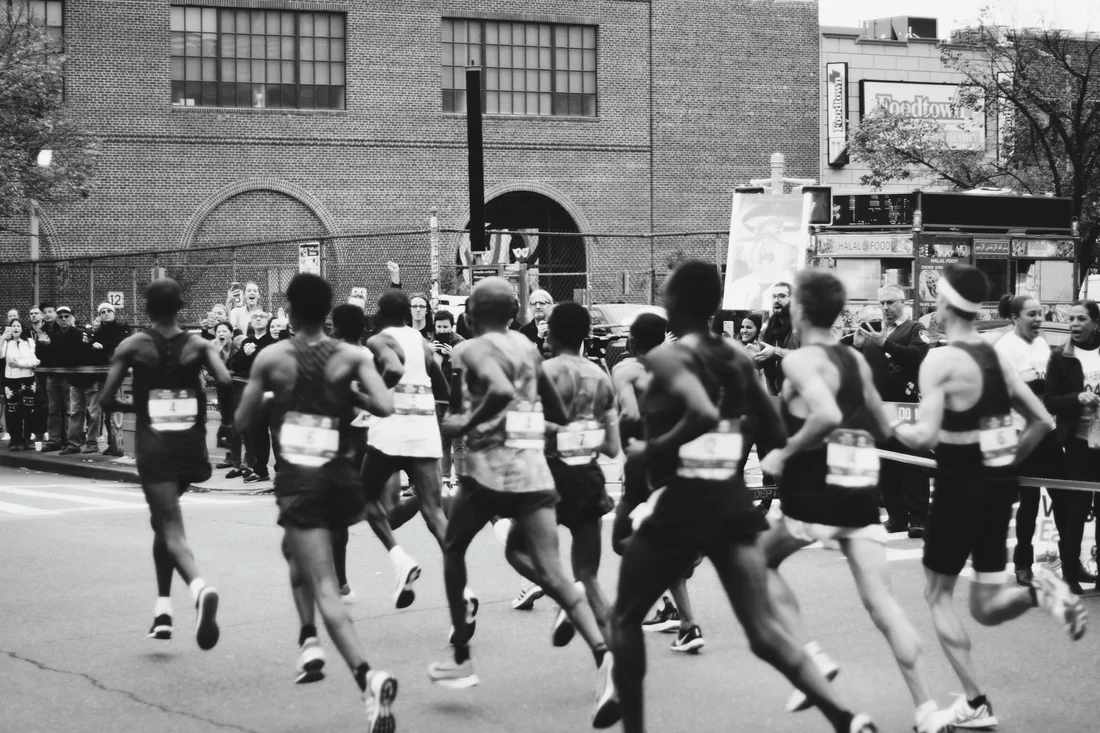Myth 1: Ultramarathon Training Requires Extreme Volume and Time
One of the biggest misconceptions about ultramarathon training is that you need to log an overwhelming number of miles and hours each week. According to renowned coach Jason Koop, this belief discourages many potential ultrarunners from even trying.
“It creates a barrier to entry because people think they need to train 18 to 24 hours a week,” Koop says. “But the truth is, you don’t need that much time.”
While more training can be beneficial, Koop points out that there’s a point of diminishing returns. After around nine hours per week, each additional 10% of volume doesn’t yield the same improvement. For a 100-mile race, Koop recommends 10 to 12 hours of training per week for eight to ten weeks. For 50K or 50-mile distances, nine hours over six to eight weeks is sufficient.
Myth 2: You Need Mountains to Train Effectively for an Ultramarathon
Many runners believe that living near mountains is essential for ultramarathon success. While it can help, it’s not a dealbreaker. Take Kaci Lickteig, for example—she placed second at the Western States 100 in 2015 despite living in Omaha, Nebraska, where she only accumulated about 305 meters of vertical gain per week.
“It takes her 20 weeks to accumulate the same vertical gain as one Western States 100,” Koop explains. “Yet, she’s incredibly successful.”
The key isn’t about mountainous terrain but building your cardiovascular engine. So, even if you live in a flat region, you can still train effectively and perform well in ultramarathons.
Myth 3: Only Freakishly Talented Runners Can Succeed in Ultramarathons
There’s a common assumption that you need to be genetically gifted with a high VO2 max to excel in ultramarathons. Koop disagrees, stating, “Most of the athletes we test aren’t even close to Olympic or national-caliber marathoners.”
Unlike marathons, where aerobic capacity plays a significant role, ultramarathons require a broader set of skills. Strategy, mental toughness, and nutrition often play a more critical role than raw aerobic power. You don’t need to be the biggest aerobic powerhouse—you need versatility and resilience.
Myth 4: I’d Never Finish an Ultramarathon in Time
Many people fear they wouldn’t make the cutoff times in ultramarathons. However, Koop reassures that most cutoff times are generous. For example, the typical cutoff for a 100-mile race is 30 hours—that’s a pace of 18 minutes per mile.
“Almost everyone can walk a mile in 18 minutes and 30 seconds,” Koop says. “This means the fitness required to complete an ultramarathon is within reach for most people.”
From this perspective, ultrarunning is far more accessible than many believe.
Final Thoughts: Ultramarathons Are More Achievable Than You Think
Whether it’s the belief that you need extreme training hours, mountain terrain, or elite talent, these myths often discourage people from pursuing ultramarathons. But as Jason Koop highlights, success in ultrarunning comes from smart training, mental toughness, and strategic planning—not just raw talent or excessive mileage.
With the right mindset and preparation, ultramarathons are an attainable challenge for runners of all backgrounds and abilities.



